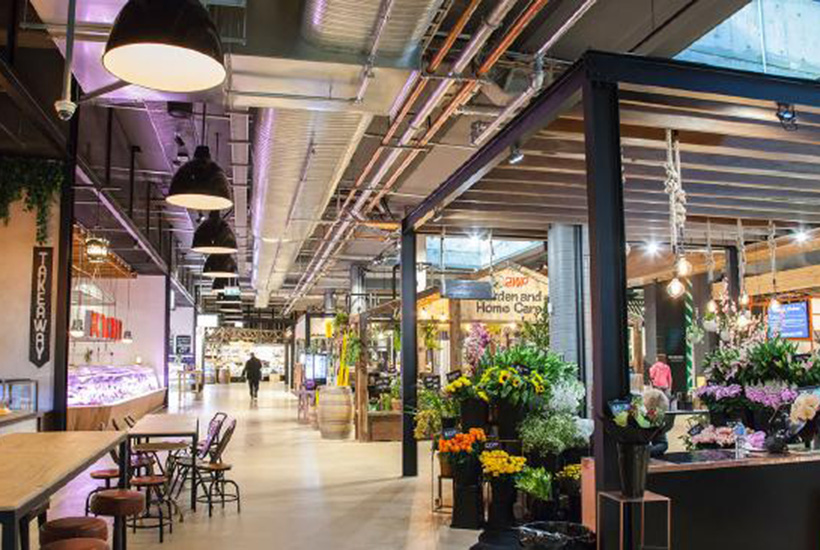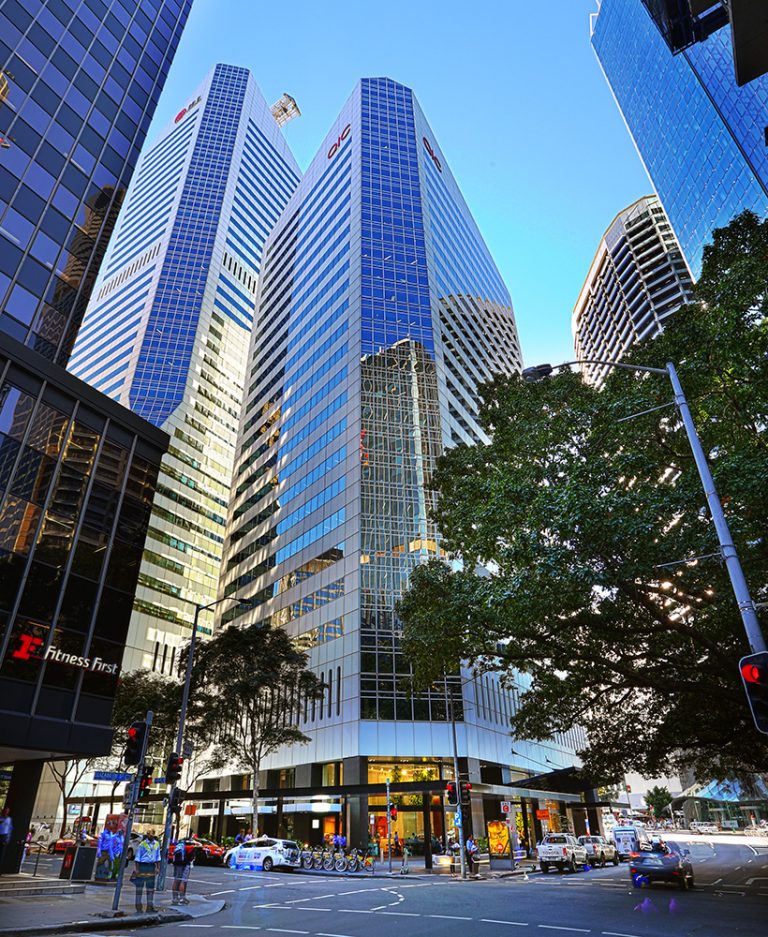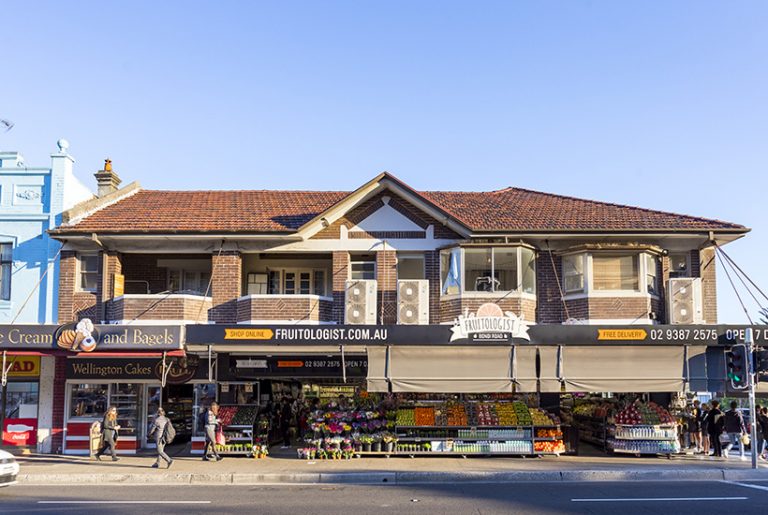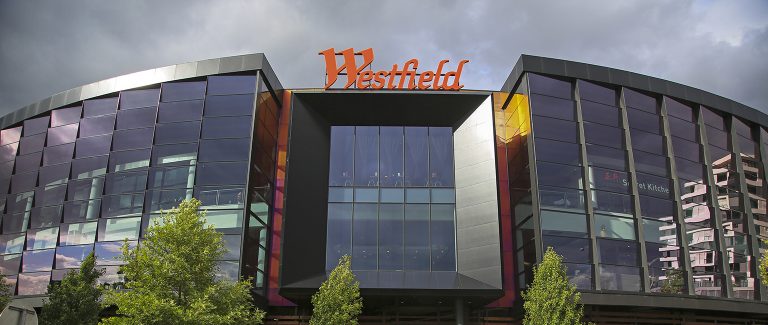Shopping centre giant Scentre, that runs Westfield centres, has called for retailers in its complexes to open if they can, in the wake of a series of chains and small operators deserting its malls despite the complexes being dubbed an essential service by the federal government.
Customers are staying away in droves as state governments ramp up their rhetoric about only leaving home if necessary, driving a sharp fall in foot traffic, making it uneconomic for many to open their doors.
The call comes as just 39% of stores are open at Westfield centres across Australia, with chief executive Peter Allen claiming that up to 86% could be open, with only a small portion falling into prohibited categories like gyms.
Tension between mall owners and large chains is a precursor to looming battles between them over how they will reopen and the level of discount demanded on rents.
Speaking after the company’s annual meeting, chief executive Peter Allen said that medical advice given by the federal government must be followed when determining when the economy should restart but argued that retailers able to open should do so.
MORE: Government reveals new rules for commercial property tenancies
He acknowledges some confusion about official messaging but insists shopping centres are an essential service.
Allen says at this point in time it is “too early” to tell when the economy will be restarted, with the sector having to “play it by ear” as the government moves to support small businesses.
He notes the commentary by premiers about restrictions on movement but did take issue with this, rather calling on shops to open.
“If you go through our portfolio 86 per cent of our stores could trade today, based on the government restrictions … we’ve only got 39 per cent of the stores open in Australia,” he said.
Allen says a number of retailers voluntarily decided to close their stores prior to JobKeeper and retail leasing code being announced, and argued retailers had the support of landlords.
“There’s a really good opportunity and it makes sense to me that you would open, particularly given that they would have stock to sell,” he said. “They want to keep their staff engaged and employed … they’ve got the support of the banks as well.”
Scentre on Wednesday narrowly avoided a strike against its pay practices as it copped a 23.2 per cent vote against its remuneration report and a hefty protest vote against an issue of performance rights to Allen.

An empty Westfield food hall in Sydney. Picture: John Feder.
Westfield had traditionally topped pay scales when the co-founding Lowy family ran both the international mall empire and the local centres but it fully exited the former last year.
There was a protest vote of more than 20% on issuing performance rights to Mr Allen and for altering their terms.
But with the mall sector rocked by the coronavirus and with a dramatic fall-off in trade to larger centres likely to drive a longer-term resetting across the sector, Scentre flagged cuts to remuneration for its senior executives as it deals with the crisis.
Proxy house CGI Glass Lewis supported the remuneration report while ISS was against the pay report, citing issues around the level of the Scentre chief’s pay and lack of disclosure of some targets. Other mall owners have already cut pay.
The French company that took over the international Westfield empire Unibail-Rodamco is in dire straits after malls closed across Europe and the US and on Wednesday it announced pay cuts for its top ranks.
Citing the pandemic, that company said chief executive Christophe Cuvillier and chief financial officer Jaap Tonckens, and senior management would cut their remuneration by a quarter during the crisis. Top levels of the US and European management committees also took a 20 per cent cut.
Westfield ‘hard hit’
The local Westfield operation has been hard hit as consumers abandon its large regional shopping centres that have been hardest hit as national chains have shut down and threatened not to pay rent during the crisis.
Allen notes that a code for dealing with smaller retailers has been agreed in principle by national cabinet, and although many of the details remain to be ironed out at the state level, he has won praise for his contribution leading negotiations.
Scentre chairman Brian Schwartz says the company is focused on maintaining its operations but said it would not provide further comment on its earnings or distribution guidance.
The company’s share price has collapsed in the wake of the coronavirus, partly on expectations that it would be forced into an rescue-style equity raising.
But Mr Schwartz said Scentre was not planning to tap equity markets. “We’re not contemplating raising any equity,” he said.
The chairman also defended the company against the Solomon Lew-led Premier Investment’s criticisms of how it handled the outbreak of the virus in one Queensland shopping centre.
Schwartz says Scentre will not cut the number of performance rights to Allen, who received a $7.5 million package last year, but signals broader cuts in response to the virus.
“This includes reviewing the level of all our operating costs including board and senior management remuneration,” he says.
Allen says it will take some time for Scentre to work through talks with small retailers but it will do so with empathy and he welcomes the new code for dealing with retailers.
This article originally appeared on www.theaustralian.com.au/property.









